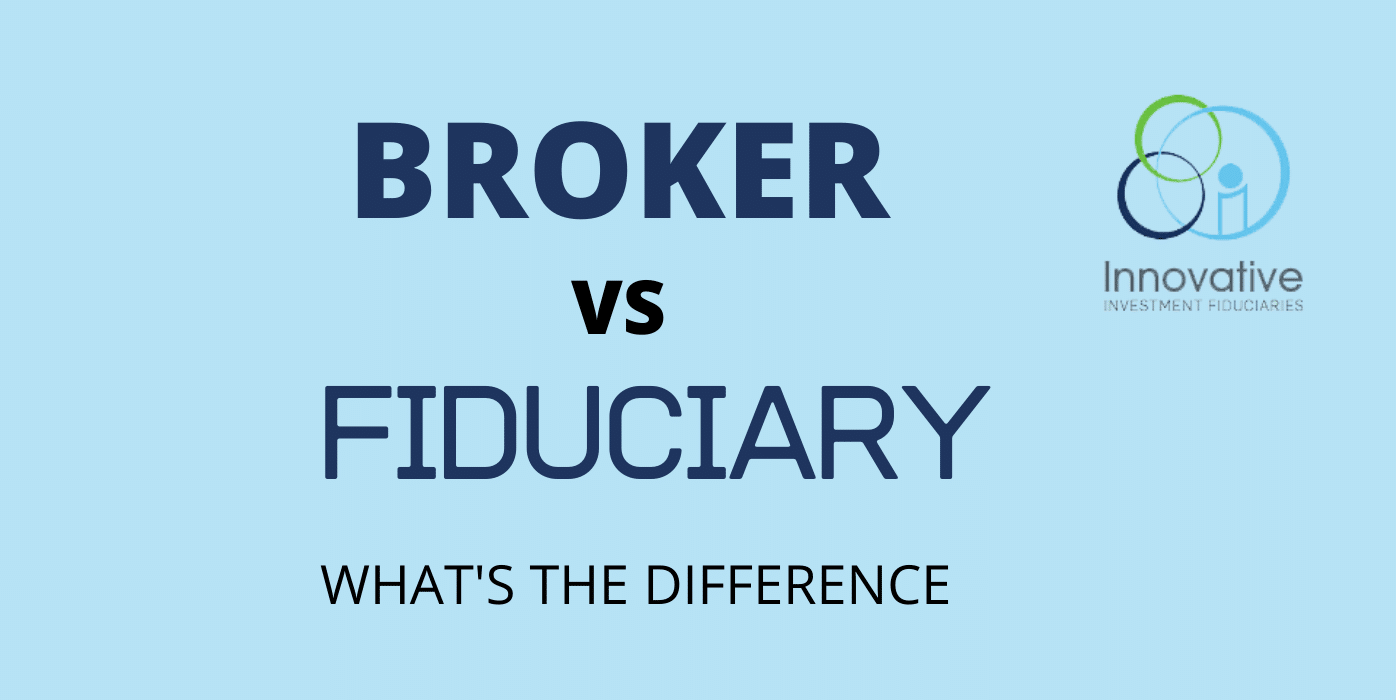Broker vs. Fiduciary: The differences you must know

For plan sponsors, running a 401(k) plan can be complex and time-consuming. Some plan sponsors hire outside advisors to help the plan stay compliant with IRS and ERISA laws. It is crucial to understand the difference between hiring a broker versus hiring a fiduciary. Each has a unique set of regulatory standards governing their behavior which can affect the range and quality of services offered to the plan. Below are a few key differences between brokers and fiduciaries:
-
Standard of Care:
- Brokers: Are held to a suitability standard. Under this standard, brokers can only recommend investments that they reasonably believe are appropriate for the given situation.
- Fiduciary advisors: Are held to stricter rules, known as the fiduciary standard of care. This standard legally requires the investment representative to act in the best interest of the investor. The fiduciary duty is the highest standard of care under American law1.
-
Commissions or Fee Based?:
- Brokers: Can receive commissions on the investment products they sell to investors. A conflict of interest arises when a broker recommends an investment that pays a commission in lieu of a better investment that does not pay a commission. Conflicts of interest impact the investor, who may receive sub-par advice from a broker.
- Fiduciary advisors: Can only be paid through fee-based compensation. They cannot receive commissions, eliminating conflicts of interest on investment recommendations and other plan level decisions.
-
Service Quality:
- Brokers: Since brokers and fiduciaries are held to different legal standards, the level of service provided can vary. Conflicts of interest affect the products and investments recommended on the plan. Since the suitability standard is less strict than the fiduciary standard, a broker may not have the same incentive as a fiduciary to monitor investment performance and fees.
- Fiduciary Advisors: Are legally obligated to provide the highest standard of care when advising on a retirement plan. When advising on a plan, the fiduciary takes on some of the plan sponsor’s liability. They will do their due diligence to ensure all aspects of the plan are compliant with ERISA and in the best interest of the plan participants and their beneficiaries.
Innovative Investment Fiduciaries is a CEFEX Certified fiduciary advisor. We advise on over 60 qualified retirement plans for both for-profit and not-for-profit organizations. For more information about Innovative retirement, contact us here or give us a call at (888) 427-7383.
Source:
- 1https://www.sonnlaw.com/faq/fiduciary-vs-broker-difference/
Categories
Archive








